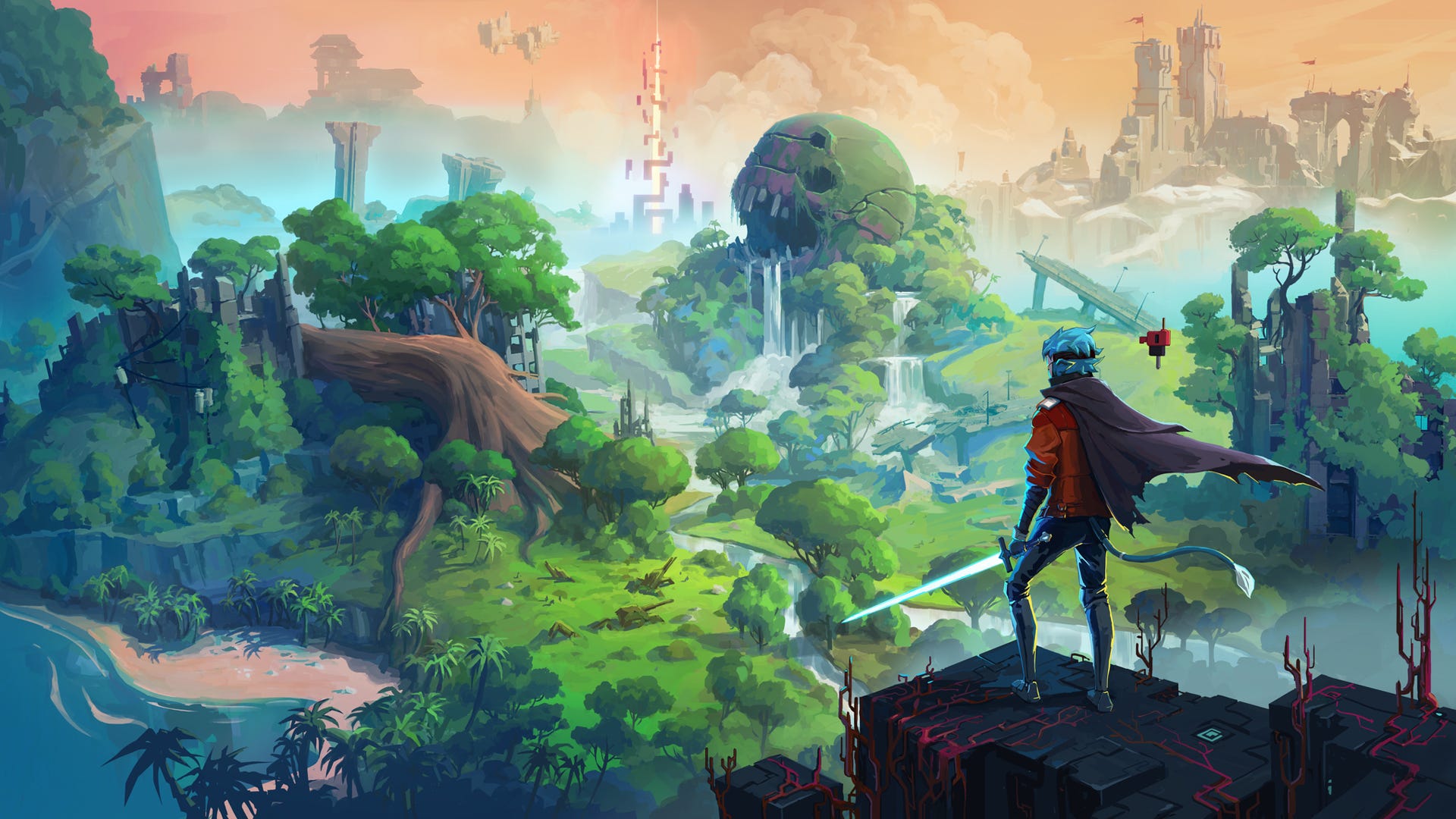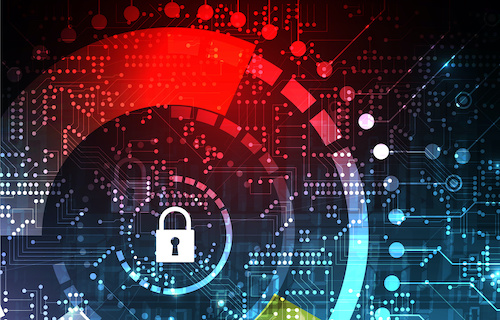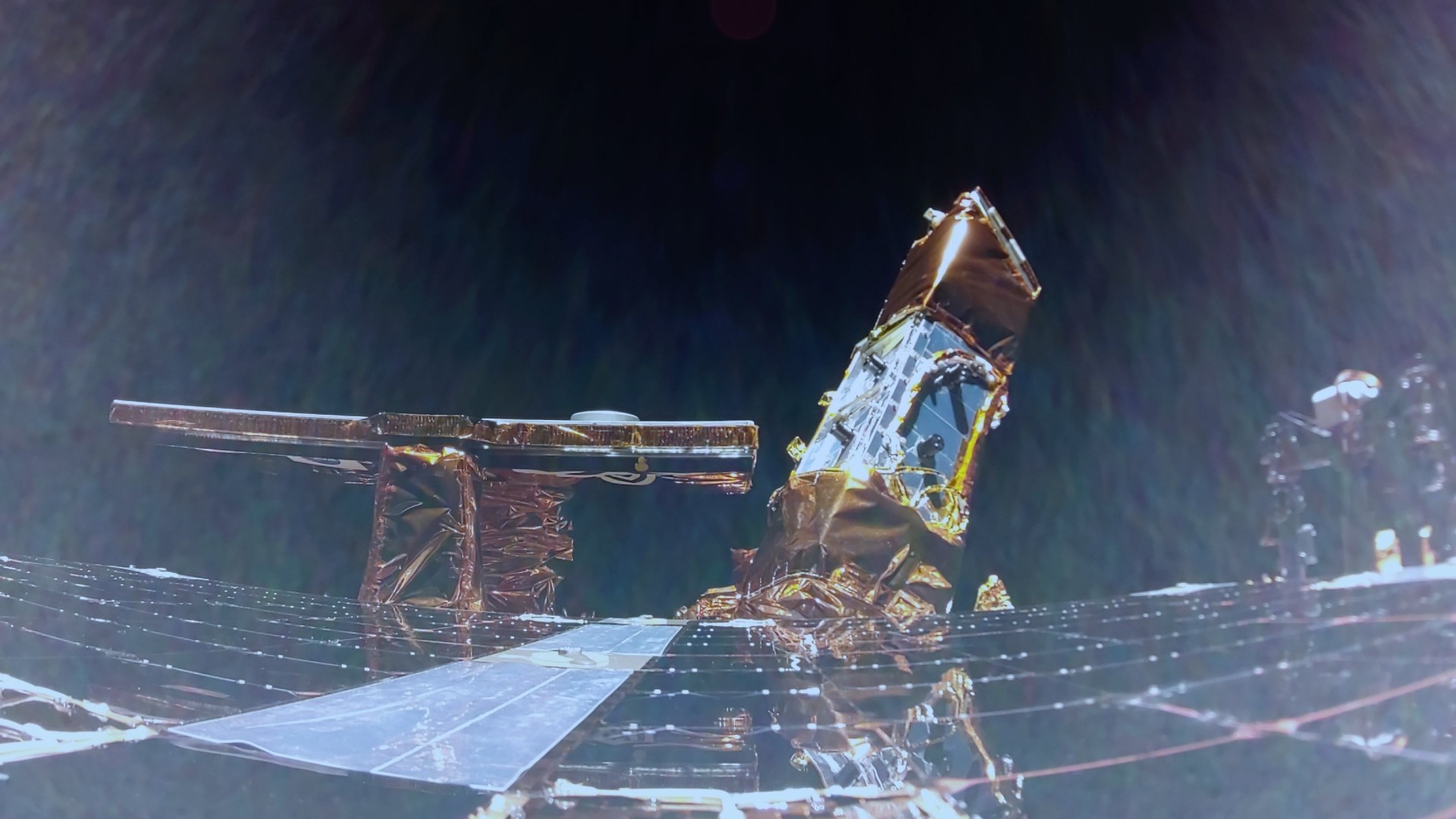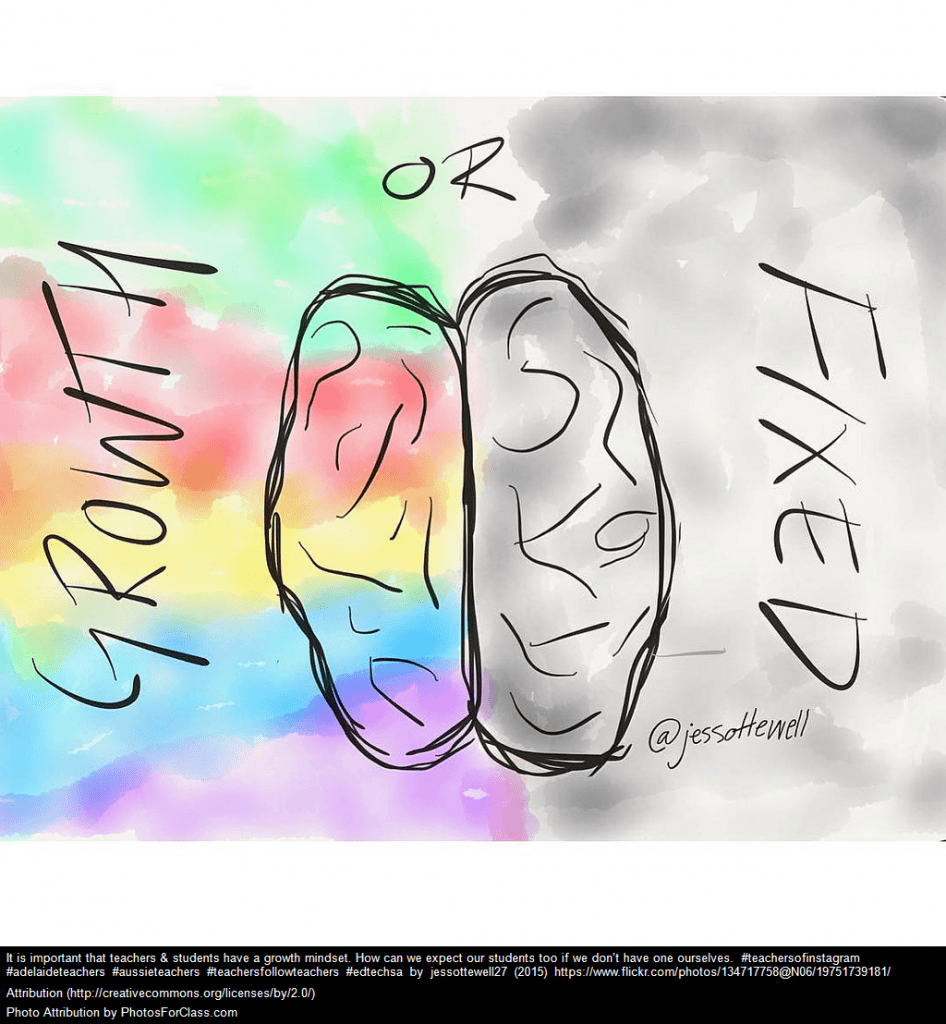The Tao of Cal
Between this newsletter, my podcast, my books, and my New Yorker journalism, I offer a lot of advice and propose a lot of ideas about ... Read more The post The Tao of Cal appeared first on Cal Newport.
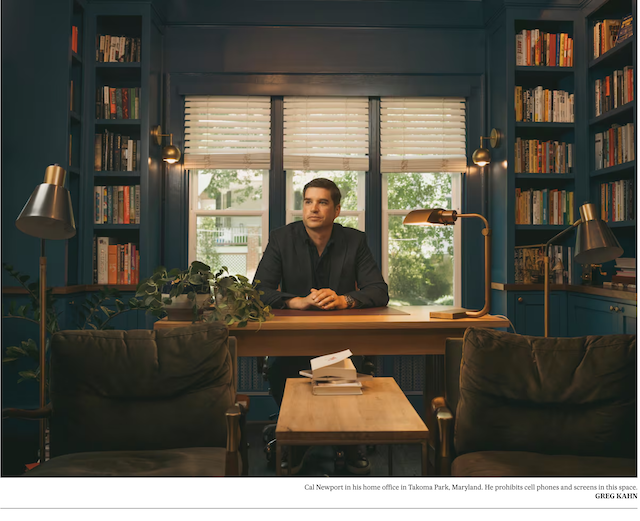

Between this newsletter, my podcast, my books, and my New Yorker journalism, I offer a lot of advice and propose a lot of ideas about how the modern digital environment impacts our lives, both professionally and personally, and how we should respond.
This techno-pontification covers everything from the nitty gritty details of producing good work in an office saturated with emails and Zoom, to heady decisions about shaping a meaningful life amid the nihilistic abstraction of an increasingly networked existence.
With the end of year rapidly approaching, and people finding themselves with some spare thinking time as work winds down for the holidays, I thought it might be fun to try to summarize essentially every major idea I discuss in one short primer.
So that’s what I’m attempting below! I’m sure I’m missing some key points, but this should nevertheless provide a useful road map to my esoteric mental wanderings.
Knowledge Work
- Treat cognitive context shifts as “productivity poison.” The more you switch your attention from one target (say, a report you’re writing) to another (say, an inbox check), the more exhausted and dumber you become.
- The biggest source of context shifts is digital communication. Move as much collaboration as possible out of chains of ad hoc, back and forth messaging and into something more structured.
- The second biggest source of context shifts is caused by working on too many tasks at the same time. Do fewer things at once. You’ll finish each task faster (and better) and therefore accomplish more over time.
- Focus is like a super power in most knowledge work jobs. Train this ability. Protect deep work on your calendar. Support these sessions through special rituals and spaces.
- You need specific systems to track all of your commitments. You need specific system to manage your time and attention. The pace and volume of modern knowledge work is too intense for you to casually handle it all in your head.
- Remote work requires more structure surrounding workload management and communication than regular office work. It’s not enough to simply give remote workers a Zoom account and a Slack handle and hope their efforts unfold as before.
Sources: Deep Work, A World Without Email, Slow Productivity, “Why Remote Work is So Hard–And How it Can Be Fixed”, “Why Do We Work Too Much?”, “Was Email a Mistake?”, “How to Have a More Productive Year”
Personal Technology Use
- Your phone should be used as a tool, not a constant companion. To accomplish this: (1) keep your phone plugged into the same spot when at home (instead of having it with you); and (2) remove all apps from your phone where someone makes more money the more you use it.
- Most people don’t need to use social media. If you really need to use it — e.g., for professional purposes — use it on a web browser on your laptop, and spend at most an hour a week logged in, as that’s enough for 99% of legitimate uses. There are better ways to be entertained, find news, and connect with people.
- Digital communication can be great, but be wary of communicating with people you’ve never actually met in person before. (That is, texting a friend is good. Arguing with a random Twitter user about presidential politics is not.)
- Fixing your relationship with digital tools requires that you fix your analog life first. It’s not enough to stop using problematic apps and devices, you must also aggressively pursue alternative activities to fill the voids this digital abstention will create: read books, join communities, develop hard hobbies, get in shape, hatch plans to transform your career for the better. Without deeper purpose, the shallow siren song of your phone will become impossible to ignore.
- Kids under the age of 16 shouldn’t have unrestricted access to the internet. Their brains aren’t ready for it.
Sources: Digital Minimalism, “Quit Social Media”, “Steve Jobs Never Wanted Us to Use Our iPhones Like This”, “Cal Newport on Kids and Smartphones”
The Deep Life
- In building a meaningful and fulfilling life, it’s usually better to work backwards from a broad vision of your ideal lifestyle than it is to work forward toward a singular grand goal (e.g., a “dream job” or radical location change) that you hope will make everything better.
- The best way to improve your professional life is to get good at something the market unambiguously values, and then use this “career capital” as leverage to shape your work in ways that resonate. No one owes you a great a job. You have to get great first before you demand it.
- Succeeding with big changes in your life requires that you first get your act together. Get comfortable with discipline (doing things that are hard in the moment but important in the long term), get organized, and reclaim your brain from constant digital distraction. Only then should initiate your ambitious plans.
Sources: So Good They Can’t Ignore You, “The Most Important Piece of Career Advice You Probably Never Heard”, “The Deep Life: Some Notes”, “Deep Life Stack 2.0”
The Internet and Future Technology
- When it comes to the internet, small is usually better than big. Niche online communities are more meaningful and less harmful (in terms of both content and addictive properties) than massive social platforms. Independent content formats, like podcasts and newsletters, are much better for creatives (in terms of stability, income, and autonomy) than attempting to become an influencer on a major platform. And so on.
- The age of massive social network monopolies is already coming to an end. We just don’t realize it yet.
- Generative AI won’t really change our daily lives in a massive way until it leaves the chatbot format and becomes more integrated into specific tools.
- The biggest technology story everyone is ignoring is the end of screens. Within the next decade, AR glasses will replace essentially every screen currently in our lives — phones, laptops, tablets, computer monitors, and televisions. The ramifications on the worldwide technology sector will be absolutely massive. It will also be the end of a fully differentiated analog reality as we know it.
Sources: “The Rise of the Internet’s Creative Middle Class”, “TikTok and the Fall of the Social Media Giants”, “Can an AI Make Plans”, “The End of Screens?”
#####
- Speaking of books, my latest, Slow Productivity: The Lost Art of Accomplishment without Burnout, was named a best book of 2024 by The Economist, NPR, and Amazon. It’s also currently heavily discounted for Cyber Monday. Consider it as a great gift for yourself or someone else you know who could benefit from slowing down!
- (The photo used for this article was taken by Greg Kahn for a recent profile of me published in El Pais.)
The post The Tao of Cal appeared first on Cal Newport.
What's Your Reaction?























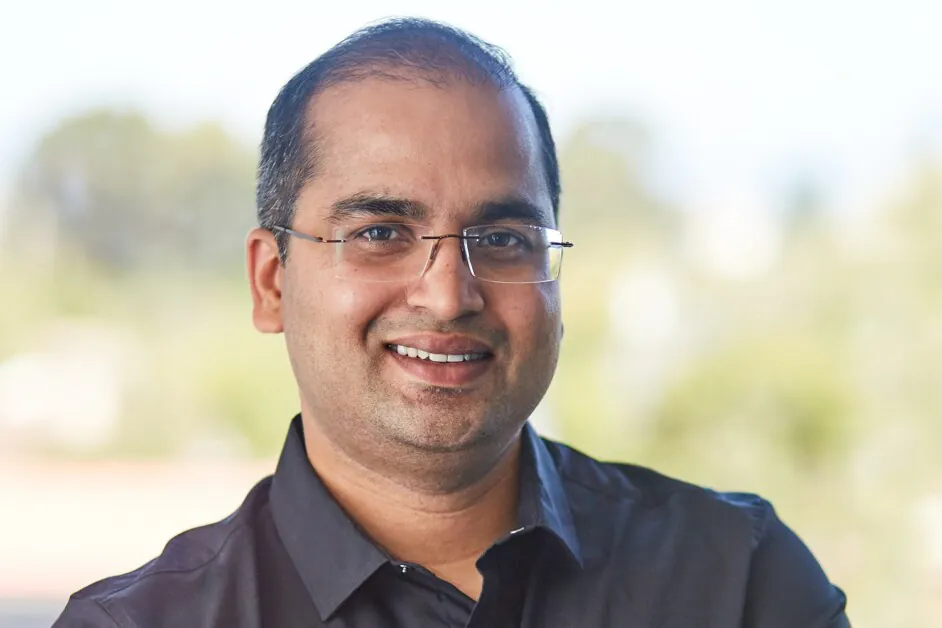
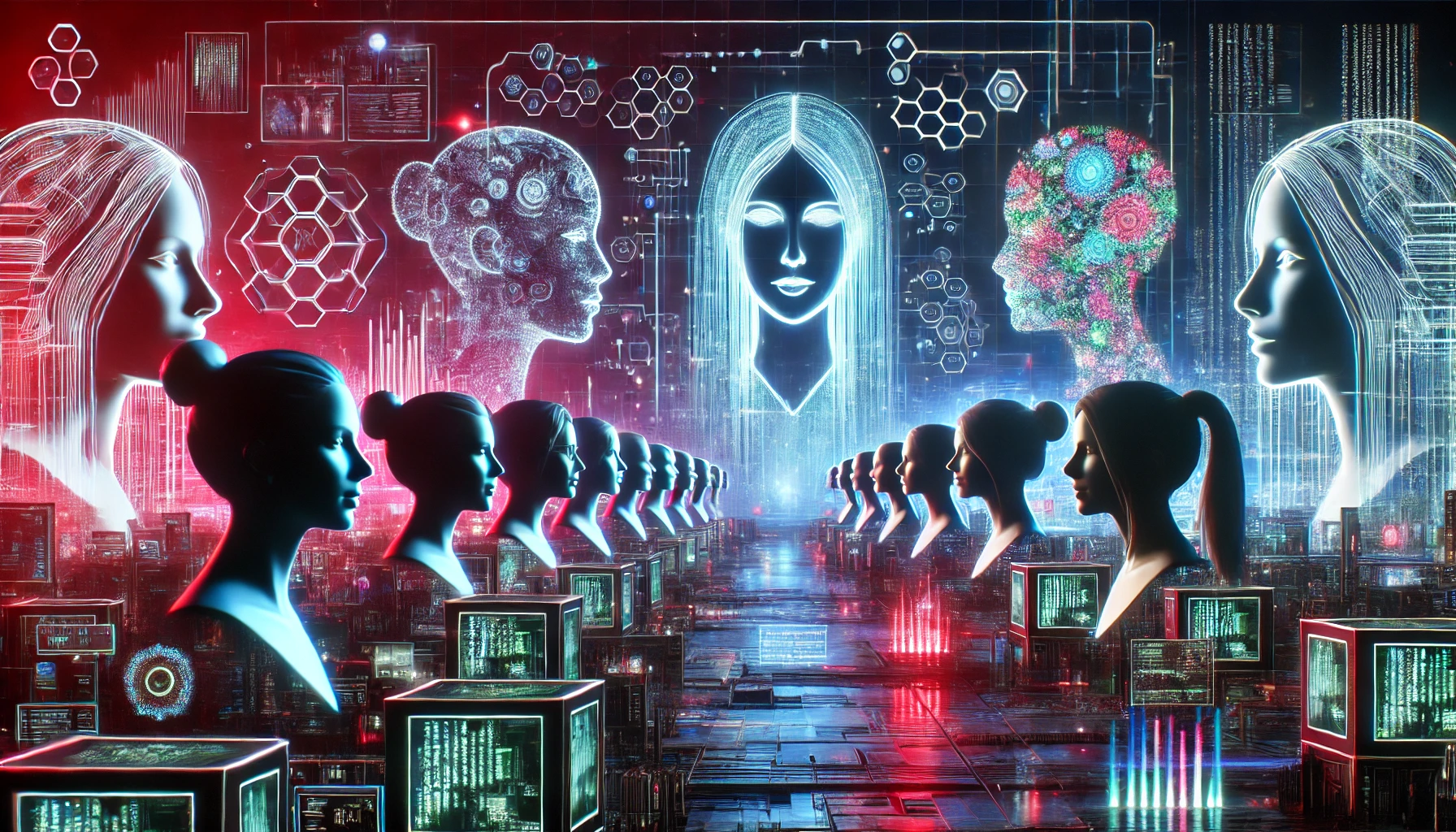

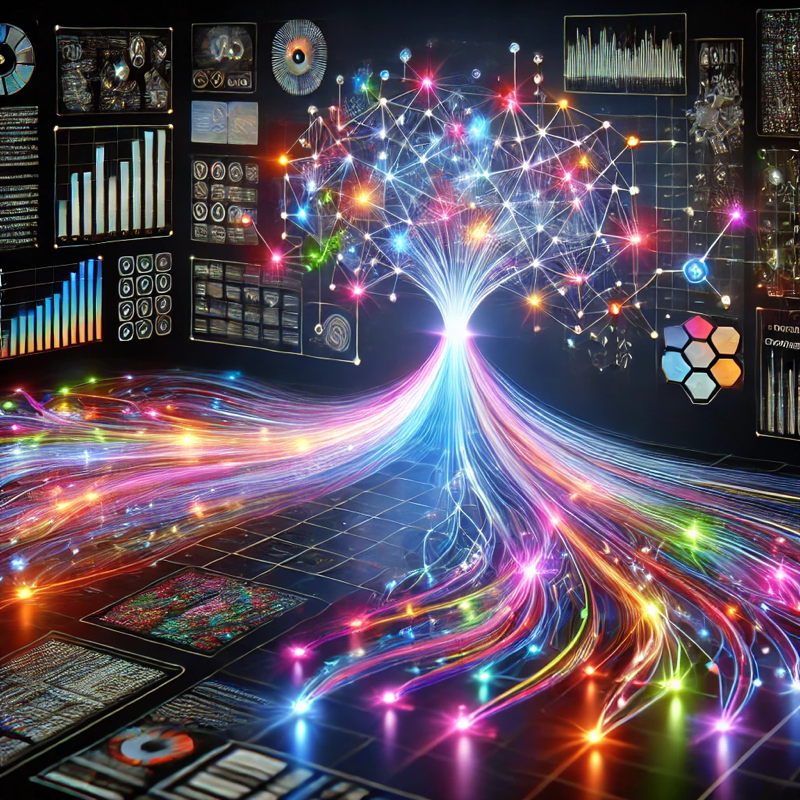
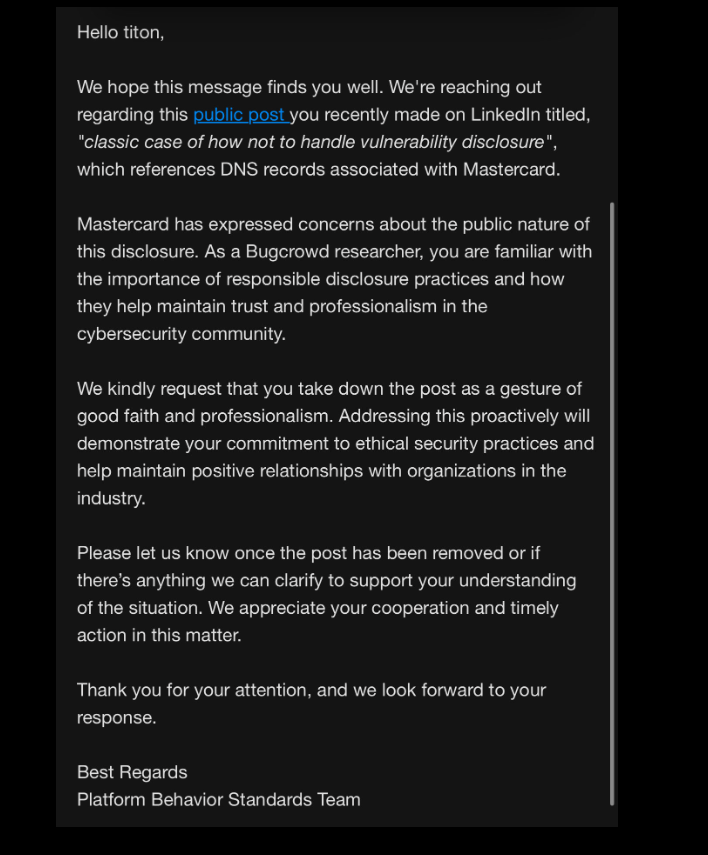


.jpg?width=1920&height=1920&fit=bounds&quality=80&format=jpg&auto=webp#)

